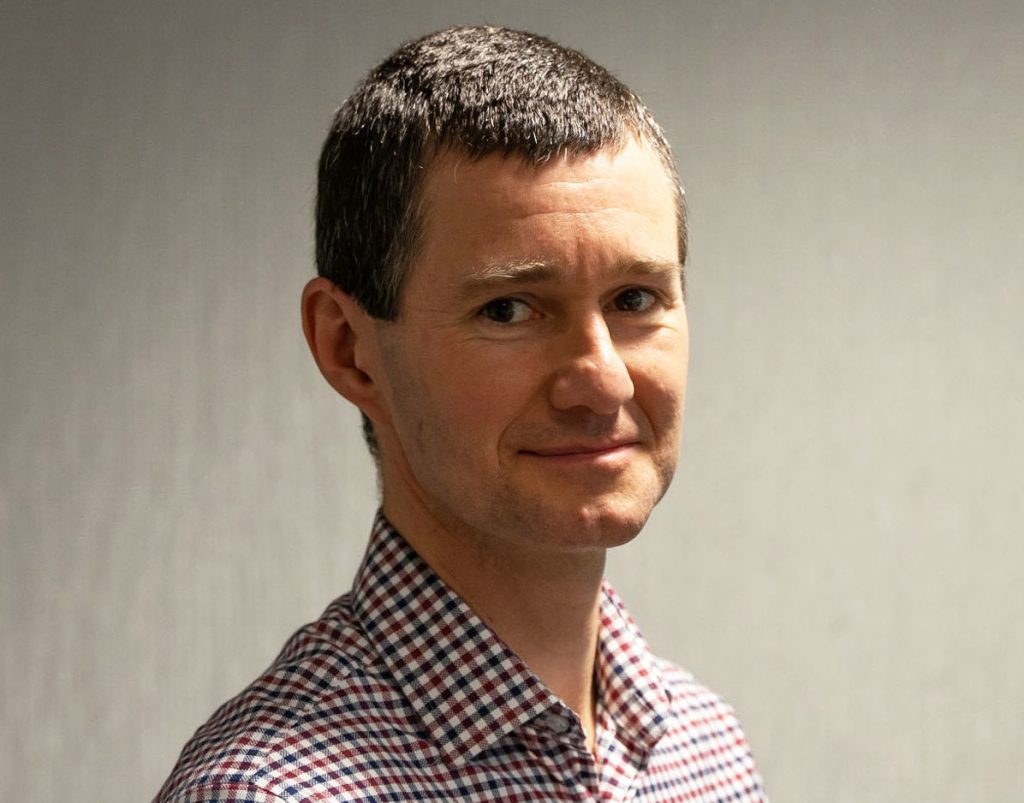Core Preservation Processes: Season 1
Today’s update on the EOSC EDEN project is about the EDEN milestone report on Core Preservation Processes (CPPs). The report has just been released and is publicly available from Zenodo. It’s free for anyone to download and use!
What Are Core Preservation Processes (CPPs)?
In EDEN, a “Core Preservation Process (CPP) is a specific action that every Trustworthy Digital Archive should undertake adequately – either directly or through its associated parties or services, in order to fulfil its digital preservation missions as evidenced in its preservation policy.”
Overview of the 30 CPPs
There are thirty CPPs in the report that cover a very wide range of digital preservation activities. There are CPPs for keeping ‘bits and bytes’ safe and in good shape, such as checksum generation and validation, replication and refreshment, data corruption management and file repair. There are CPPs for managing files and ensuring their contents remain readable and usable over time, such as format identification, validation, normalisation, migration, emulation, rendering and making derivative copies. There are CPPs for how to archive and preserve objects consisting of data and metadata, such as ingest of SIPs, versioning and export of AIPs, and object management reporting. And there are CPPs for wider processes that are essential to serving a community of archive users over time, such as community watch, significant properties, data quality and managing risks. And that’s only about two thirds of all the CPPs available!
Why the CPPs Matter
The CPPs are very broadly applicable and should be of interest to any organisation involved in the archiving, retention, preservation and access of digital content. The report includes a detailed description of each CPP, including its inputs, outputs and steps. There’s also links to examples of how organisations have implemented these CPPs in real-world settings. And for those people like me who like nice graphical representations, there’s a neat online visualisation tool from CSC for viewing the CPPs as a collective, including how they are connected and how they can be organised into different schemes such as aligning them to OAIS.
Season 1
This is the first round of CPP definition in EDEN, or ‘Season 1’ as we’ve been calling it inside the project. This means that the focus of the CPPs released so far is targeted at the operational activities required by digital preservation and they do not cover strategic/managerial digital preservation activities nor the whole list of activities of a generic information management system, including secure IT infrastructures. Though digital preservation requires a deep knowledge of the properties, structure and possible uses of digital objects, which can be domain or discipline specific, the scope of the current CPPs is also aimed at generic processes that take place in general when performing digital preservation regardless of specific content, domain or discipline.
I’ve been careful not to say ‘limited’ or ‘restricted’ because I don’t want to imply that the CPPs need further work before they can be used. The fact that the CPPs are general purpose and implementable at an operational level, for example using systems and tools, is actually a strength. It should mean that a wide range of organisations can take the CPPs and compare them to what they do. Organisations can use them to improve their processes or look for gaps, they can be used to evaluate what services might be needed from third-party providers or to help when selecting suitable systems, and they can be used to help organisations who are new to the world of digital preservation to understand what processes and practices are typically used by organisations who have already been there and have experience to share.
Connection to Other Areas of EDEN
The CPPs in EDEN are one of the inputs to technical work on architecting and designing digital preservation services for EOSC. That’s one of the other very active areas of the project at the moment – but more to come on that soon in another blog post soon.
A Personal Perspective
On a more personal perspective, being involved in the CPPs in EDEN has been an amazing experience and a great opportunity to collaborate with, and learn a lot from, some major experts in digital preservation and trustworthy archives. The CPP work in EDEN is a demonstration of how openness to knowledge sharing, some great teamwork, a fun and friendly environment, and a healthy dash of hard work can all go a long way and produce some great results that can hopefully benefit the whole community.
What’s Next?
The CPP work in EDEN doesn’t stop here – there’s more to come, especially as the project further gets to grips with some particularly interesting preservation activities such as appraisal, re-appraisal, data quality and fitness for re-use. But that’s for the next season.
Conclusion
In the meantime, download, view and enjoy Season 1 of the EDEN CPPs. We’ll be back soon with Season 2.
EOSC EDEN Grant Agreement number: 10118801 is funded by the European Union. Views and opinions expressed are however those of the author only and do not necessarily reflect those of the European Union or the Agency. Neither the European Union nor the granting authority can be held responsible for them.

Matthew Addis
Matthew is CTO and Founder of Arkivum, responsible for technical strategy. Matthew previously worked at the University of Southampton IT Innovation Centre. Over the last fifteen years, Matthew has worked with a wide range of organisations in the UK, Europe and US on solving the challenges of long-term data retention and access.
Get in touch
Interested in finding out more? Click the link below to arrange a time with one of our experienced team members.
Book a demo